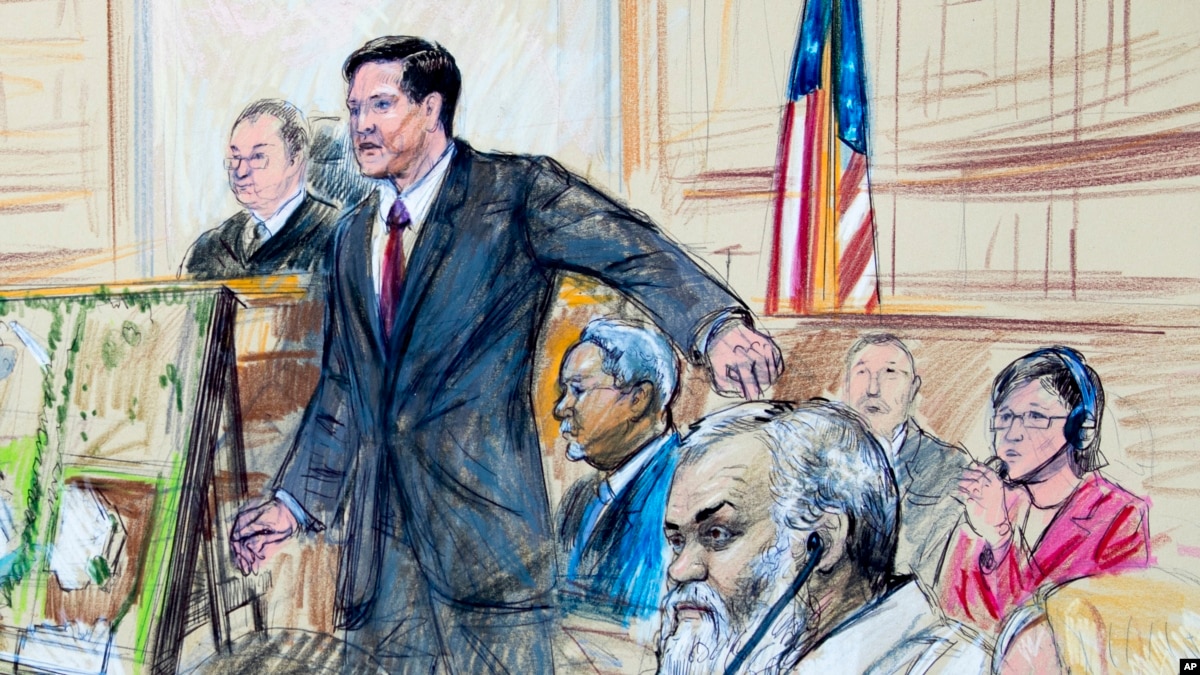Israeli aircraft and tanks struck a number of militant targets in the Gaza Strip on Thursday in response to a volley of mortar fire emanating from the Palestinian territory. The spike of violence comes a month after Israel demolished a militant tunnel dug from Gaza.
Later Thursday, a 20-year-old Israeli was stabbed to death in what police said they suspected was a “terror attack.” In an unrelated incident earlier, a Jewish West Bank settler fatally shot a 47-year-old Palestinian villager in a clash that occurred under disputed circumstances.
The Health Ministry in Gaza said three civilians were lightly wounded in one of the Israeli strikes.
There was no immediate claim of responsibility for the 12 mortar shells launched, which the Israeli military said targeted a military post near where a construction crew was working on “important security infrastructure” along the border. No one was injured on the Israeli side.
Tunnel detonated
The border violence comes a month after Israel detonated a tunnel leading from Gaza into its territory, killing 12 people, among them militants from the Iranian-backed Palestinian Islamic Jihad group and Hamas, which rules the Gaza Strip. The tense border has remained mostly quiet since a 2014 Israel-Hamas war. The military said the mortar fire appeared to have come as retaliation for the tunnel incident.
“The (Israeli military) sees this as a severe event and we know exactly who conducted this attack,” said Israeli military spokesman Lt. Col. Jonathan Conricus. He said Islamic Jihad was behind the mortars but that Israel held Hamas responsible for any attacks emanating from Gaza.
The military said it attacked six militant sites in response to the mortar fire, belonging to both Hamas and Islamic Jihad. It said train service in southern Israel was briefly halted after the mortar attack.
On the West Bank
In the West Bank incident, the military said a group of some 20 settlers were hiking through the Palestinian village of Qusra, southeast of the city of Nablus, when they were attacked by stone throwers and two were lightly wounded.
One of the settlers then opened fire, striking a stone thrower. The settlers then entrenched themselves in a cave near the village until Israeli forces evacuated them, it said.
The military said medical teams rushed to the scene to try to save the Palestinian.
The Palestinians, however, said that 47-year-old Mahmoud Odeh was shot while working on his land in the northern West Bank village.
Palestinian Authority official Ghassan Daghlas said settlers confronted Odeh and ordered him to move. When he refused, one of them shot him in the chest, Daghlas said.
The military would not say where the shooter was, saying only that the incident was being investigated.
The northern West Bank is an occasional flashpoint between settlers and Palestinians. Several isolated hard-line settlements are in the area, situated near Palestinian villages and Nablus.
On Thursday evening, police said a 20-year-old Israeli man was stabbed to death in the southern city of Arad. Police spokesman Micky Rosenfeld said forces were searching for the suspect who fled the scene.
Wave of violence
Thursday’s casualties became the latest in an intermittent two-year wave of violence.
Since September 2015, Palestinians have killed more than 50 Israelis, two visiting Americans and a British tourist in stabbings, shootings and car-ramming attacks. Israeli forces have killed more than 260 Palestinians in that time. Israel says most of them were attackers and that others died in clashes with Israeli forces.
The frequency and intensity of attacks has lessened in the past year.
Read More Mortar Fire From Gaza Met With Israeli Strikes : http://ift.tt/2zUY6eP